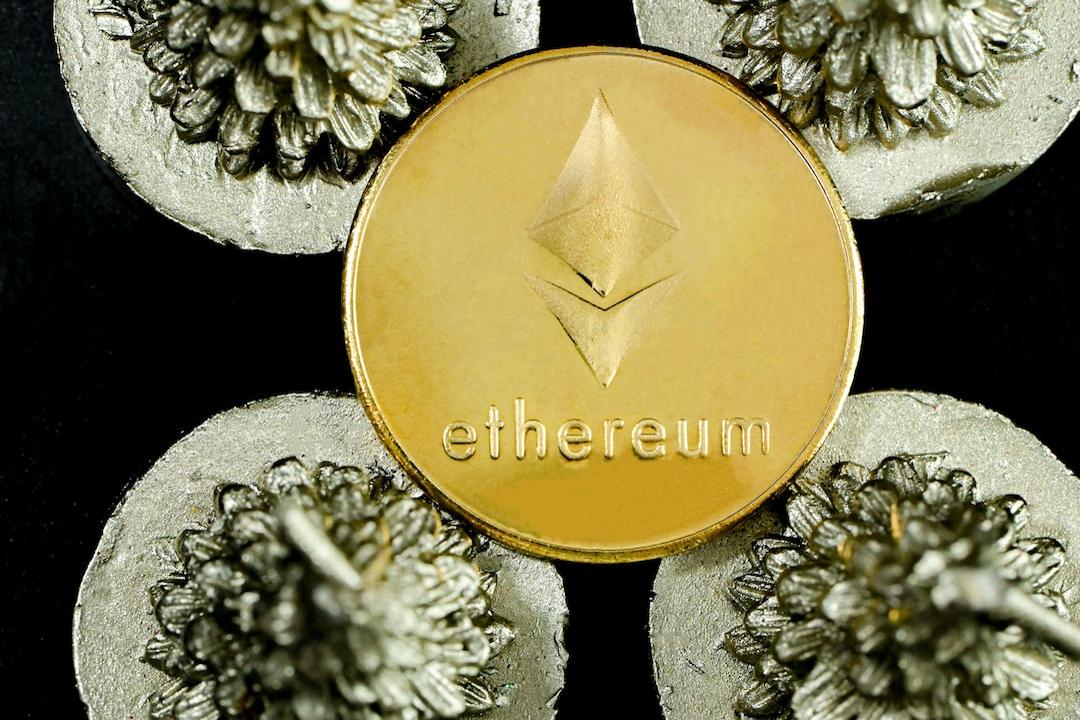Real World Assets (RWA) are experiencing rapid growth as a key ecosystem in the expanding world of Decentralized Finance (DeFi). According to data from DeFi Llama, there is now over $4 billion locked in digital asset funds across RWA platforms like Ondo Finance, Pendle, and the Jellyverse network. This marks a significant increase from $753 million in January 2023.
Despite the substantial progress seen in the RWA sector over the past year, it remains an underserved area within DeFi. A recent report by Citi suggests that the total addressable RWA market is worth trillions of dollars, with sectors such as non-financial corporate debt, real estate, private equity, and securities projected to play a major role in RWA portfolios by 2030.
It is important to note that RWAs have been present for some time through stablecoins like USDT and USDC, which are essentially digital versions of the U.S. dollar. More recently, traditional investment firms such as Franklin Templeton and Blackrock have shown interest in different types of RWAs. Both companies now offer access to tokenized U.S. treasuries, with Franklin Templeton’s market cap at $352 million and Blackrock’s RWA portfolio valued at $427 million.
Challenges in scaling and adopting RWAs persist, similar to other innovations in the DeFi space. These obstacles include regulatory uncertainties, fragmented technical infrastructures, real-time valuation and pricing issues, and market liquidity concerns. Compliance with regulations, the use of varying technical platforms, and ensuring accurate asset pricing are key hurdles that need to be addressed for RWAs to reach their full potential.
Despite these challenges, RWAs hold promise as the future of global market ecosystems. Recent developments such as Jellyverse receiving approval from Liechtenstein’s Financial Market Authority for its ‘jAssets’ DeFi utility token highlight the potential for synthetic exposure to traditional assets through DeFi platforms. As institutions like Blackrock acknowledge the role of RWAs in the future of finance, there is growing interest and investment in this evolving sector.
With only a fraction of the total value locked in DeFi currently allocated to RWAs, there is significant room for growth and innovation in this space. As both crypto enthusiasts and traditional financial institutions recognize the opportunities presented by RWAs, the stage is set for further advancements in this transformative sector.

